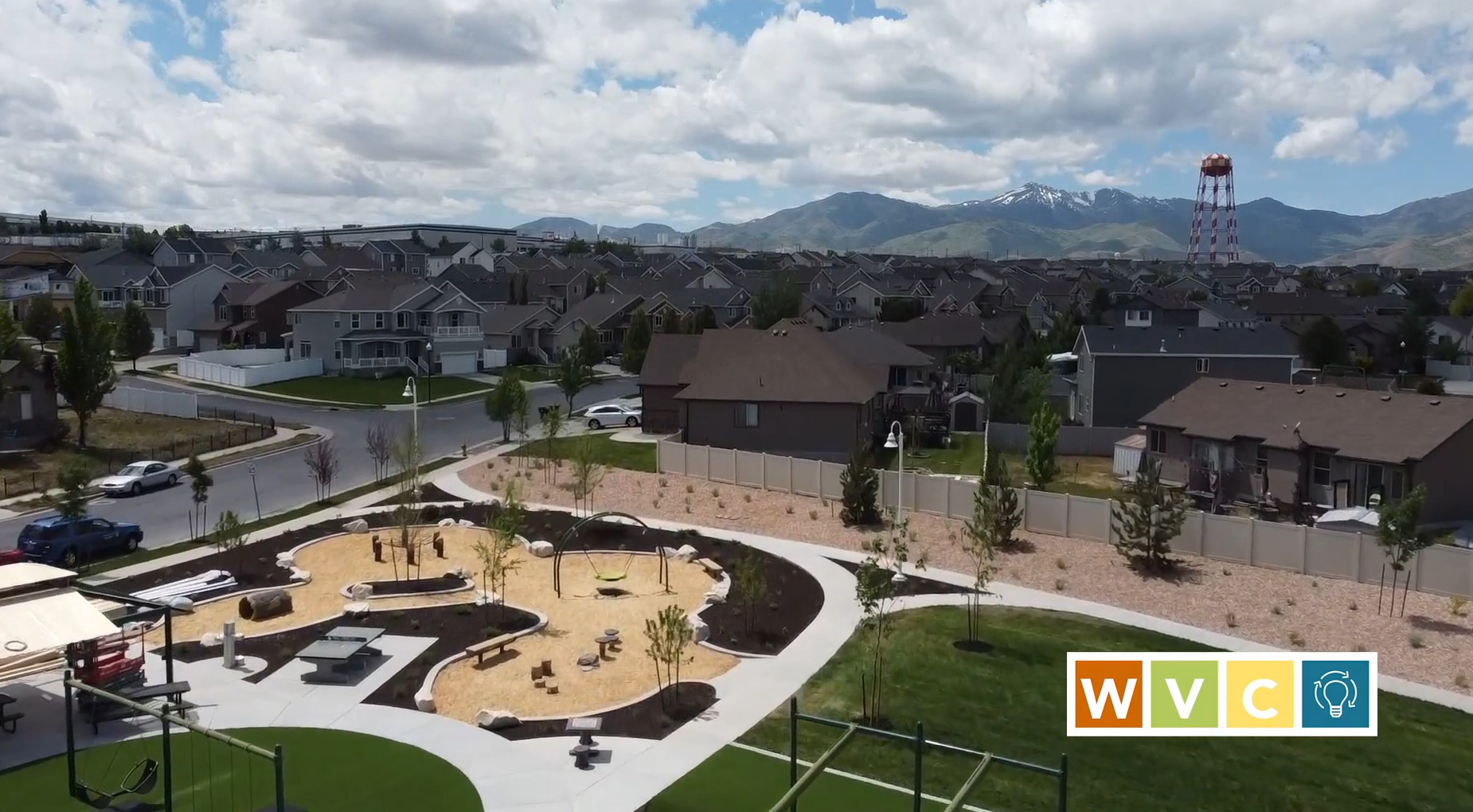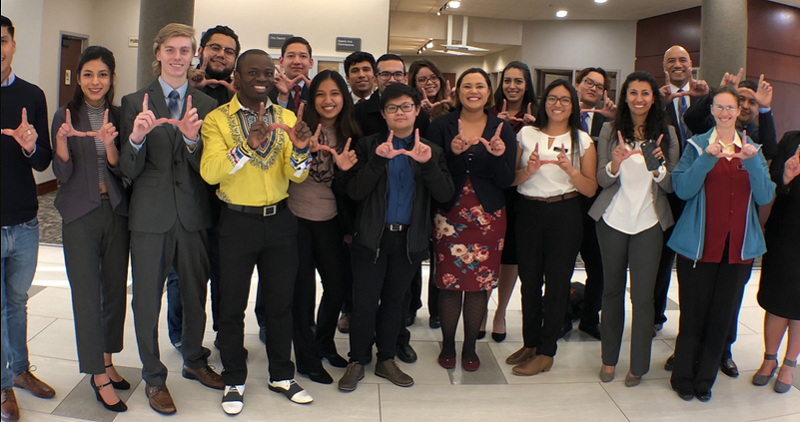How West Valley City Prioritizes Sustainability: Net Zero by 2030

26 Mar 2023
News
West Valley City (WVC), Utah's second-largest city, rises against the backdrop of the Oquirrh Mountains. Under ten minutes from downtown Salt Lake City, we are a thriving community for economic development and new business, attracting over $336 million in capital investment annually. To further enhance our prosperity, we have prioritized sustainability to benefit our economy and the breathtaking landscape we call home.
West Valley City has solidified its identity and sense of place by focusing on improving quality of life through increasing efficient and sustainable housing and transportation options. WVC’s strong commitment to sustainability includes General Plan objectives, a Residential Sustainability Zone, a four-day work week, fleet conversion efforts, and facilities upgrades.
“All of West Valley City is on a 4-day work week, with the obvious exception of Emergency Services,” said Jonathan Springmeyer, WVC Chief Sustainability Officer. “In addition, several departments are still allowing for remote work. Both of these actions have positive effects on sustainability through reduced automobile commuting and lowered utility costs for municipal buildings.”
The City Council considers sustainability a City priority and has directed staff to work for Net Zero by 2030. The Council passed the resolution in December 2019 stating a goal to produce “renewable energy in an amount equivalent to that produced and consumed in the City by 2030” and “seek to achieve additional energy efficiency.” The resolution encouraged residents to improve energy efficiency in their own homes.
“For Net Zero by 2030, West Valley City has done and continues to take steps to achieve that goal,” said Springmeyer. “Several initiatives are in the works right now, but we’ll have to wait to share them until they have been finalized and presented to the City Council.”
“Ultimately, our ability to achieve this goal is dependent on multiple initiatives and partnerships, most importantly with Rocky Mountain Power (RMP),” continued Springmeyer. “If RMP is able to meet their goals of clean energy production in their stated timeline, the goal for the City is much more manageable and attainable.”
“We have recently completed the Rocky Mountain WattSmart program, a program available to all municipalities within RMP’s service areas. WattSmart quantifies the energy usage for the entire City and helps formulate a plan to achieve the sustainability goals. The final plan is currently in the review phase.”
WVC’s History of Sustainability
West Valley City’s move toward sustainability can be traced as far back as the early 2000s. Initiatives include being the first city to build a transit-oriented development: Fairbourne Station, which consists of a light rail transit station, a bus hub with ten converging routes, two large apartment developments within walking distance to transit, an office building, a medical center, and a hotel. Fairbourne Station Business Park has a wave of solar panels mounted on the roof.
In 2008-09, federal grants were utilized for energy efficiency improvements like changing light systems, insulation projects, and HVAC modifications. One change with a boiler unit helped save 200,000-kilowatt hours or 1,400 metric tons of CO2.
The City invested in electric cars for its fleet replacement when they became commercially feasible, resulting in considerable savings in fuel costs. The number of car chargers installed in the City is also being tracked. Currently, there are 712 EVSE ports in nearly 300 stations. Their locations can be found here.
Beginning around 2018, the city developed the Residential Sustainability Zone (RS Zone) to incentivize developers to build sustainable, single-family homes by allowing smaller lots than would otherwise be allowed. Since State code does not allow cities to require energy and water efficiency standards above what is required in the building code, this was the City’s solution.
The RS Zone requires the following:
- A solar power generation system to provide all of the electricity needs of the house
- Insulation standards that far exceed building code requirements
- High-efficiency home heating and water heating
- Energy Star-rated appliances
- An electric car charger to encourage electric vehicle use
- WaterSense plumbing fixtures to reduce water use by at least 20 percent
- Localscapes landscaping that uses 2/3 less water than an all grass yard
“We hope to increase the utilization of the Residential Sustainability Zone,” said Springmeyer. “The City is looking at ways to promote this Zone and make sure residents and developers all are aware of the opportunities within.”
In December 2019, the City Council passed Net Zero by 2030 and, in August 2020, completed the West Valley City Active Transportation Plan, which the City has confidence can be fully implemented within ten years.
WVC has strategically implemented Transportation Plan elements, such as bike lanes within existing rights of way, to demonstrate immediate results. As the City repairs roads, further improvements will be systematically implemented. The easier and faster projects are being tackled first to develop momentum.
Solar and Other Energy Efficiency
Today, there are just over 4,500 rooftop solar panels in the City. Since 2016, WVC has issued nearly 6,000 residential solar permits, and 20 sizable businesses have installed solar arrays.
Soleil Technology Park — 525,000-plus square feet in five buildings — uses solar and other renewable sources to provide nearly all its energy needs. Soleil’s Balanced Energy Footprint uses peak-shaving technology to design buildings to generate as much power as they consume. Additionally, the parking lots have over 200 EV charging stations.
As mentioned, Fairbourne Station Business Park has a wave of roof-mounted solar panels. Additionally, it is an intermodal hub with a pedestrian emphasis and walkable development.
Water Conservation
West Valley City has the lowest per capita water usage among Jordan Valley Water Conservancy District (JVWCD) Member Agencies, using 12 percent less water than JVWCD recommends. WVC Planning and Zoning does not require sod or grass on residential front yard landscaping.
Resources
West Valley City Economic Optimization Department can direct you to the proper resource for questions regarding our City’s sustainability. See what we can do to help you expand or advance your business. WVC is truly a City On The Move! Contact us today at 801-963-3345 or follow us on LinkedIn and Facebook to see our City’s recent projects.
Efficiency and sustainability resources:
More Topics
.png)
.jpeg)



.png)
